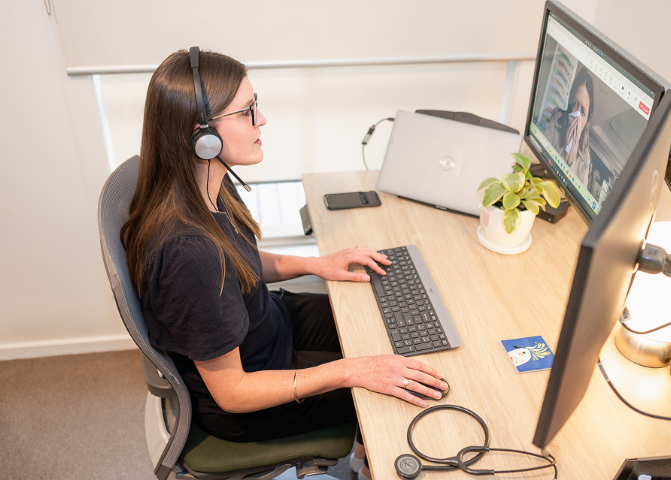11/09/2024
Inside an Anxiety Attack: Describing the Experience and Coping Strategies
If you’ve ever experienced an anxiety attack, you’ll know the following feelings all too well. A racing heartbeat, a shortness of breath, a crippling sense of fear – anxiety attacks are a serious condition which affect a shocking 1 in 4 Australians at some stage in their lives.
Thankfully, there are several coping strategies we can use when we feel an anxiety attack coming on. There is also a number of effective treatments for anxiety conditions, including anxiety attacks and panic attacks. Medmate discusses anxiety attacks in this post:
Anxiety attack vs panic attack
‘Anxiety attack’ is a non-medical term, and when describing an unexpected or sudden onset of anxiety symptoms as well as physical symptoms, the term ‘panic attack’ is used by professionals. In everyday speech, ‘anxiety attack’ is often used interchangeably with ‘panic attack’, and both involve a sudden bout of intense symptoms of anxiety, including worry, stress and fear.
What does an anxiety attack feel like?
An anxiety attack is an expected or unexpected episode of intense anxiety and fear, often resulting in a number of challenging mental and physical symptoms. Anxiety attacks are characterised by a crippling sense of fear, as well as physical symptoms such as a racing heartbeat, shortness of breath, sweating, dizziness, trembling and muscle tension. When experienced frequently, anxiety attacks are a sign of an anxiety disorder.
Anxiety attacks and their coping strategies
There are several key strategies experts recommend when trying to cope with an anxiety attack. Coping with an anxiety attack is difficult, but it’s important to remind yourself of these strategies:
Avoid self-frustration: avoid telling yourself to calm down or to ignore it, as this causes you to focus more on your symptoms.
Reassure yourself: remind yourself that while panic attacks are uncomfortable, they’re not life threatening and you will feel better within a few minutes.
Healthy distraction: it might seem counterintuitive, given that it’s not recommended to ignore your anxiety attack symptoms, but healthy distraction is something different. Distract yourself from your symptoms by counting backwards threes from 100 or by singing a favourite calming song.
Embrace and regain confidence: allow yourself to experience the symptoms and let them pass. Evading the situation reinforces the idea that you’re unable to cope with anxiety attacks, causing you to fear them even more. By letting the symptoms pass, you gain confidence in coping with anxiety attacks.
If you’re experiencing anxiety attacks, accessing treatment from Medmate is just a click away. As Australia’s team of telehealth professionals, we are dedicated to helping you get the treatment you need and start feeling better. Providing the best quality care from the comfort of your own home, getting treated for anxiety with Medmate is easy. Take the first step towards overcoming anxiety and book in for a bulk billed consultation today.
Recommended reading
Search for a specific topic or filter by categories to find information on what you need to know on the full Medmate Journal

What Are Antihistamines and How Do They Work?
If you experience sneezing fits in spring, itchy skin after contact with something new, or watery eyes around pets, you may have been told to take an antihistamine. But what…
